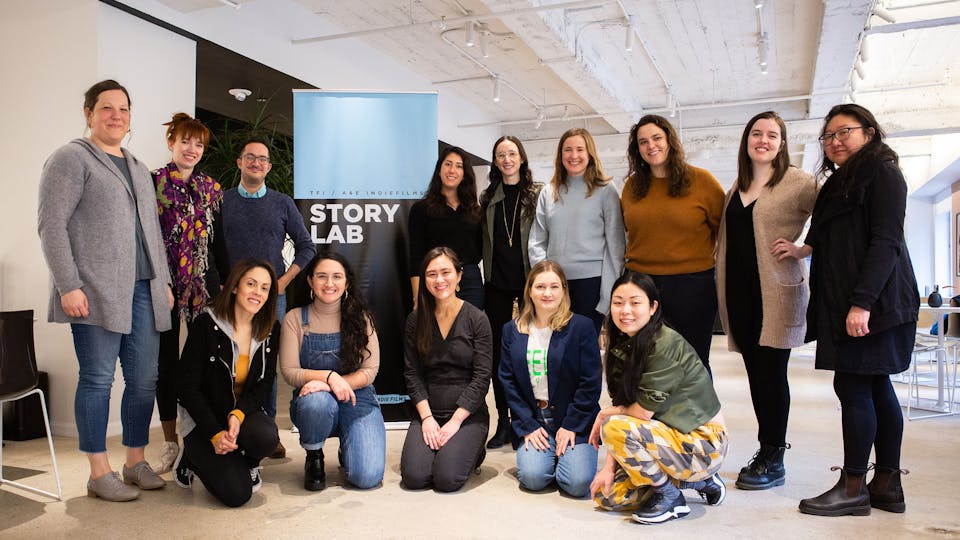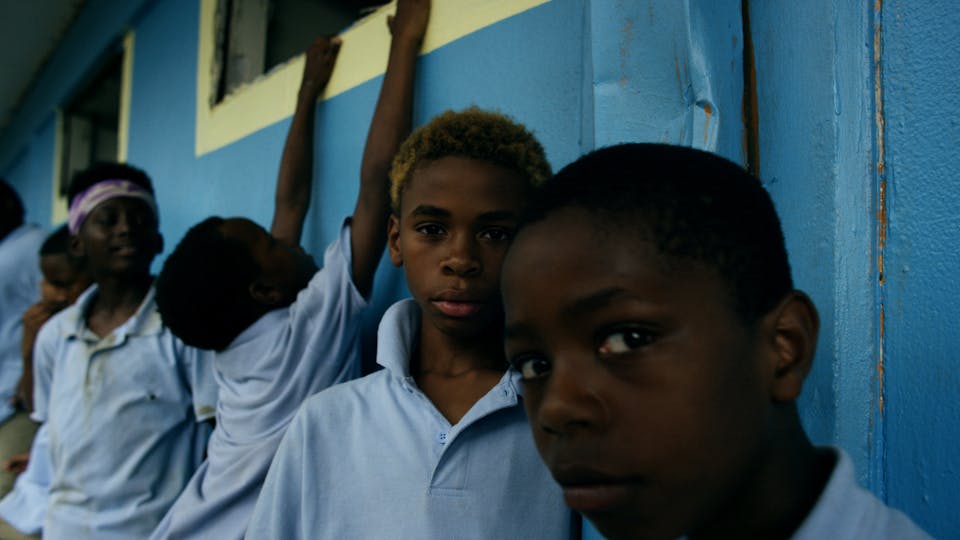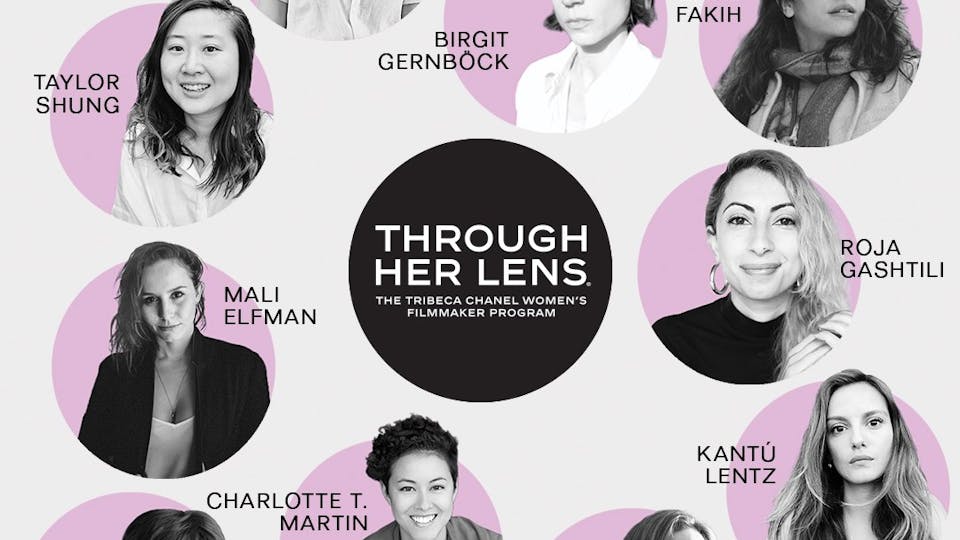Notes from the Field: The Almond Tree Films Rwanda Collective (Part I)

filmmaking collective in Rwanda, in partnership with Tribeca Film Institute, is currently developing three short films centered on the theme of "resilience." Here is the first part of the latest update from Chung, who recently aided with one of the three commissioned productions in Rwanda:
I arrived in Rwanda last week to find that the filmmakers of Almond Tree Films Rwanda, with whom I meet and train each year, were excited about starting their new projects with Tribeca Film Institute (TFI). Musafiri Kayombi, one of the three TFI-commissioned filmmakers, began his production the day after I arrived, with a call time of 4am. We spent much of the day by a lake in Bugasera, a province south of Kigali, to film a few fishing scenes. I was on hand to provide any guidance that Musafiri might need, and to train the sound team on how to use the mixer and wireless microphones.
As a new member of the Almond Tree Films Rwanda collective, Musafiri is directing for the first time. His script is about a young man who lost his family in the genocide and tries to complete his studies while dealing with the trauma of his past. Musafiri saw many challenges on his first day of the shoot, with a crew that shouted contradictory suggestions, a generator that didn’t turn off, and a stubborn cow that ruined various takes.

After two days of production, Musafiri decided to take a break from the chaos to think about how to proceed with the rest of the film. We worked together on a rewrite, and he also held a crew meeting to devise a new strategy for streamlining the production. Though I will be leaving before the next shoot begins, I think Musafiri will do just fine, having reflected and learned from the previous setbacks.
The equipment TFI donated has been a tremendous help, including the mixer and wireless microphones, for which I gave a workshop. I did, however, panic when one of the actors, a local fisherman with a line or two, dropped his microphone in the lake water on the first day of production. One of the crew members was able to dry and repair it, which I hope, is a sign that the equipment is both durable and in skillful hands. The filmmakers here in Rwanda are accustomed to using old or used equipment given the limited access to technology, so they are very good at improvising solutions. In early days, I even saw some filmmakers using a microphone stand as a makeshift tripod.
I hope all of that will change one day, since Rwandan filmmakers, too, should have the ability to afford the wealth of technology we enjoy in the US. The mixer and wireless microphones, though second-hand, are coming in handy since they're in excellent condition and of professional quality. I believe filmmakers in Rwanda also deserve to have equipment like these, and hope they will be able to afford them through the income they generate via filmmaking.
Join us next Monday, September 20, for Part II of Lee Isaac Chung’s update from Rwanda.






